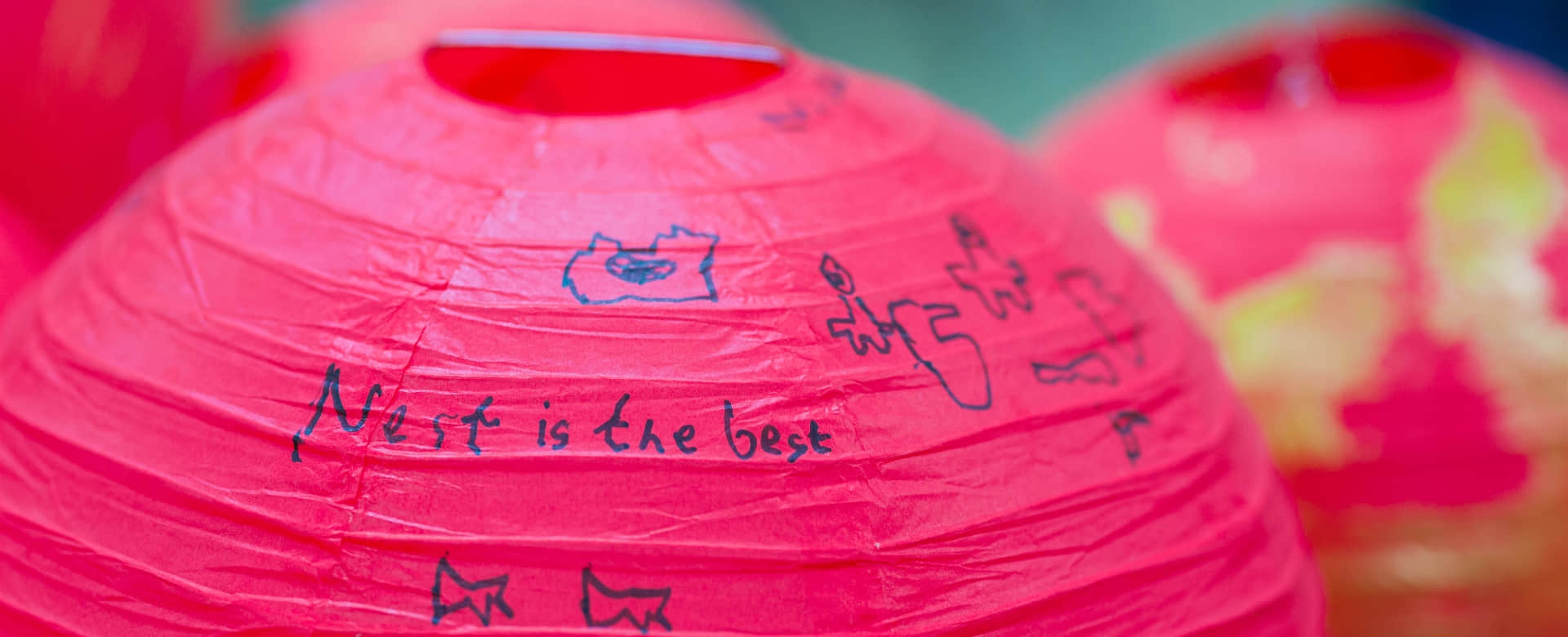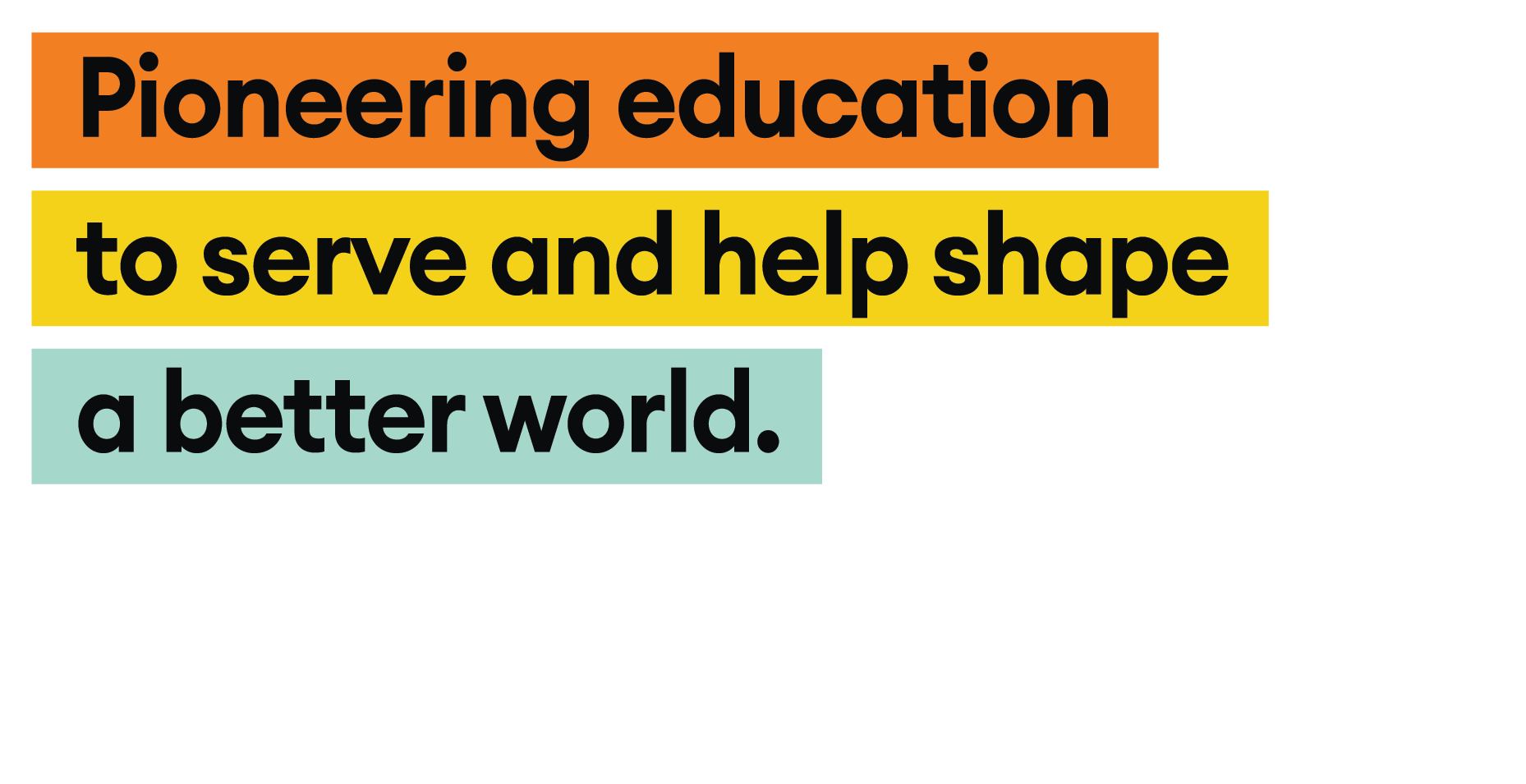Wellbeing: Why it is so important at Wellington College Schools
Good mental health is a state of wellbeing. But why teach it? When we look at statistics from the Health Foundation in 2021, we begin to understand the rationale for doing so: among those aged 6 to 16 in England, one in six had a probable mental health condition, 60% more young people had a probable mental health condition in 2021 compared to 2017. This is significantly higher than the 7% demographic growth in this age group. These statistics alone present a compelling argument for presenting an educational vision around wellbeing at Wellington College Education (China).
Since we opened our first international school in Tianjin, wellbeing has been at the heart of everything we do, from curriculum development to group governance. Our schools are fortunate to have access to the pioneering wellbeing programme developed at Wellington College in England. The materials are devised in-house and have been carefully refined since 2006. But this is a starting point. Each school builds upon this framework according to the needs of its pupils.
For instance, the Institute of Positive Education has assisted Wellington College Shanghai with its knowledge and expertise to ensure that work remains focused. Content from the Moral Education curriculum in our bilingual Hiba schools is also useful, especially in the area of social responsibility. Moreover, at Hiba Academy Hangzhou, we use play-therapy techniques for pupils aged three to 12.
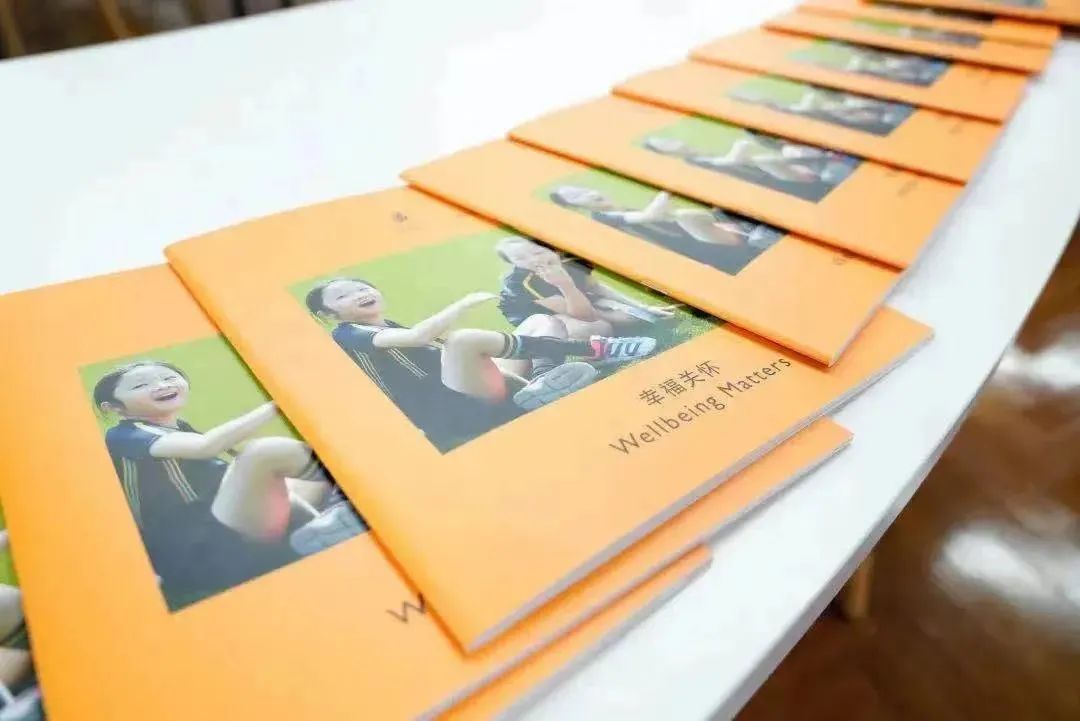
Irrespective of how they adapt the curriculum contents, all Wellington College Education (China) schools allocate a specific time every week to delivering a wellbeing programme. Pupils move through the age phases, developing and consolidating their knowledge and skills in wellbeing while accumulating a broad range of strategies to serve them throughout their lives. Our curriculum focuses on the notion of human flourishing by putting positive education at the fore. It promotes an experience of 'feeling' good and 'doing' good in which pupils can develop healthy attitudes, emotional stability and a range of virtues such as resilience and physical health.
We also encourage pupils to do good by linking their actions to the wider community through meaningful contributions. These foster a sense of intercultural learning, global citizenship and inclusivity. The wellbeing programme explores relationships, social and emotional health, engagement, meaning and purpose, physical health and positive accomplishment. As our pupils grow, they learn increasingly nuanced skills in decision making, goal setting, leadership and teamwork, creativity, empathy, compassion and mindfulness, gratitude, self-control, growth mindsets and motivational strategies. The programme allows pupils to enhance their self-awareness and develop their characters through bespoke assessments and reflections that help them identify inherent strengths, critical personal values and universal virtues.
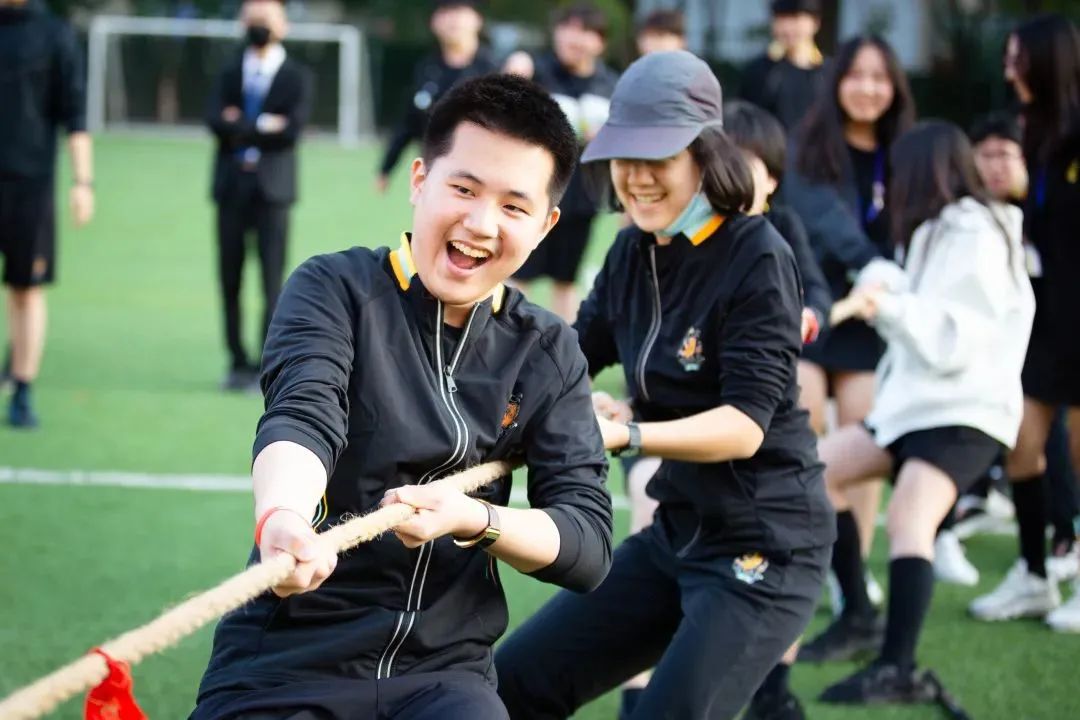
Additionally, pastoral and wellbeing interventions are essential in ensuring that all pupils struggling with mental health or general wellbeing issues have access to a complete support network of specialised and qualified staff. We have special educational needs officers, in-house counsellors, guidance and welfare staff, coaches, diversity leaders, and experienced pastoral leaders. We also have direct links with external mental health counsellors and educational psychologists.
Fundamental to our wellbeing provision, of course, is the principle that children cannot flourish when they do not feel safe. Wellington College Education (China) schools are therefore steadfast in their commitment to child safeguarding and pupil welfare. Our policies, practices, procedures and accountability measures add up to an educational culture in which all stakeholders, including pupils, are aware, informed, educated and empowered to keep children safe.

Developing teaching materials that have weight and credibility for a wellbeing curriculum is challenging. However, it should come as no surprise that the most helpful resource is our pupils themselves. We now place a much greater emphasis on listening to our pupils to improve wellbeing and overcome obstacles when challenges occur. This means implementing proven methodologies for assessing wellbeing. These range from Leuven Scale-based observations in the Early Years to weekly 'how are you?' check-ins with form teachers, tutors, or wellbeing leaders with appropriate follow-ups and feedback.
We also capitalise on sophisticated standardised longitudinal surveys to measure pupils' attitudes towards school, study and self. This practice enables our schools to support pupils through targeted interventions while informing long-term pastoral and wellbeing strategic planning.
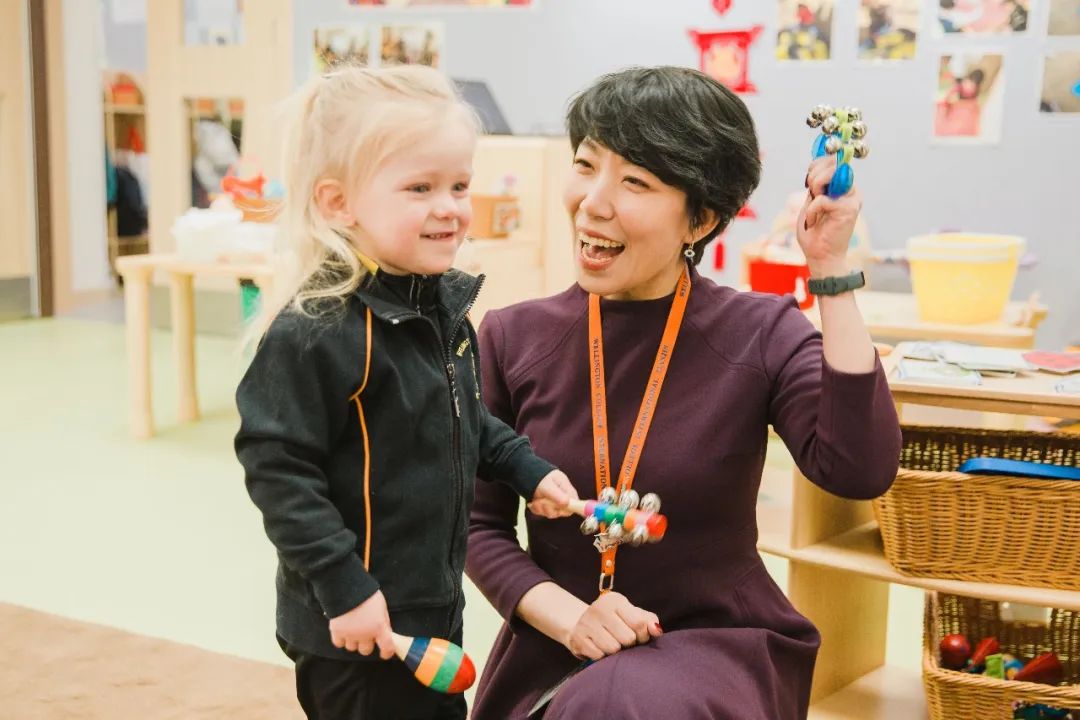
Involving parents in understanding the importance of wellbeing has been a major focus across all age groups. All new parents enrolling pupils in our nurseries attend an induction session on the relationship between wellbeing and levels of engagement in learning. At Hiba Academy Hangzhou, parents receive a comprehensive booklet which outlines how wellbeing is taught and monitored across all age groups.
The ongoing global pandemic has presented our family of schools with unprecedented challenges, but it has also highlighted how effective our wellbeing programme has become. The burdens of lockdown and online learning and the uncertainty around public examinations have been deeply unsettling for pupils, parents and teachers alike. In response, wellbeing leaders and staff at all Wellington College Education (China) schools have worked together on solutions and strategies that help pupils and families in these times. They have adapted provisions and programmes and delivered targeted daily content that explicitly addresses ways our pupils can keep healthy, motivated and balanced while under lockdown.
Because we have a long-established culture where our pupils feel comfortable reaching out, our staff have found themselves in high demand, supporting pupils in one-on-one conference calls. Our pupils, parents and teachers have also taken the initiative in promoting wellbeing within the community. This has resulted in various engaging online activities, including home cooking competitions, crazy hat days, talks with authors, morning exercise sessions and bedtime stories. Our pupils even showcased their creative talents through online concerts, plays, poetry slams and art exhibitions. All these activities ensured cohesion within the community, reminding our pupils that, although they could not be together physically, they certainly were not alone. Knowing that you are part of something greater than yourself can be a powerful source of wellbeing in such challenging times.
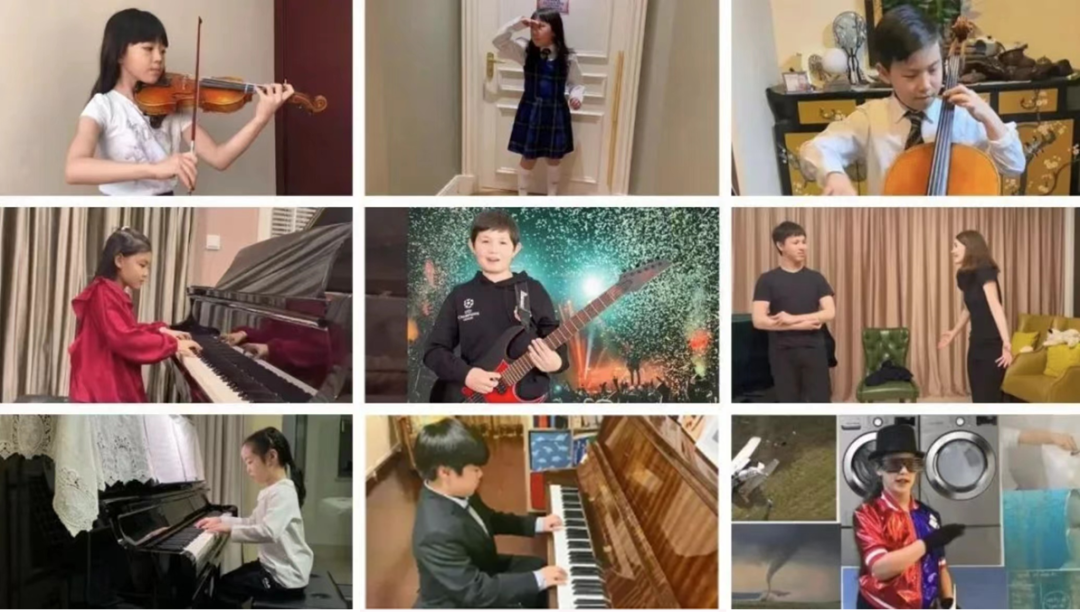
Wellbeing is a crucial driver for all Wellington College Education (China) schools. And the outcome of our work is readily apparent in our pupils' successes. They learn, grow and eventually graduate as well-rounded individuals with strong values and the skills and identity to thrive within an ever-changing world. And this will spell success and fulfilment for our pupils no matter what they pursue in life.
Related Articles








 Channel
Channel 
 Linkedin
Linkedin  Weibo
Weibo  Facebook
Facebook  Ins
Ins 


